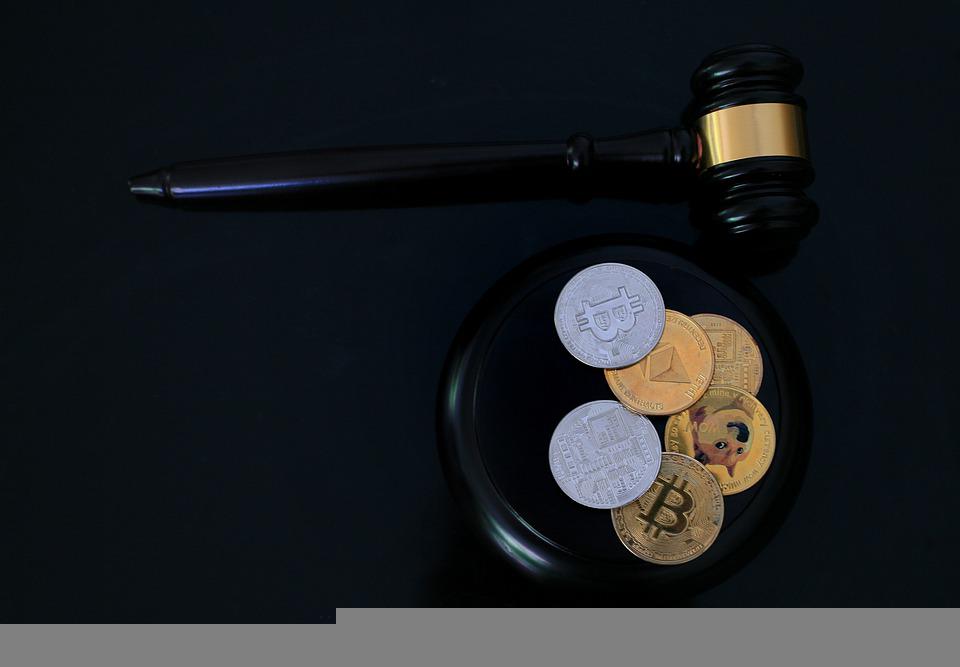
What is Solana (SOL)?
Solana is an open source blockchain project that aims to democratize financial systems and become an option for all high-growth decentralized applications. This project offers a solution to two major problems in the world of cryptocurrencies: scalability and speed, which are necessary for the widespread use of cryptocurrencies. However, until transactions with virtual currencies become faster, they cannot be considered an effective means of payment for our daily purchases. Solana currently supports about 60,000 transactions per second, making it the world’s most scalable and cost-effective permissionless blockchain. In addition, these transactions have a fee of $0.000001 per transaction, making it easy to use on a daily basis.
What is a programmable blockchain?
Unlike Bitcoin, which is primarily a giant immutable ledger, Solana uses smart contracts.
Ethereum uses smart contracts to distribute decentralized applications (dApps). However, the sheer volume of these self-executing contracts has clogged the network.
Consider Ethereum’s relatively low transfer rate and the large number of smart contracts. The network is slow, transfer rates are high, and the carbon footprint is large as it still runs on a proof-of-work consensus.
Until Ethereum 2.0 is fully implemented, it should give way to the next generation of blockchains to gain a share of the decentralized application market (Dapps). Ethereum 2.0 is planned for 2022.
Solana operates on the basis of a custom proof-of-stake consensus model in which state-of-the-art core innovations have been implemented.
What makes Solana so fast is the combination of eight innovative features:
– Proof-of-Stake
– BFT Tower
– Gulf Stream
– Turbine
– Sealevel
– Pipelining
– Lightning and lightning
– Archivists

